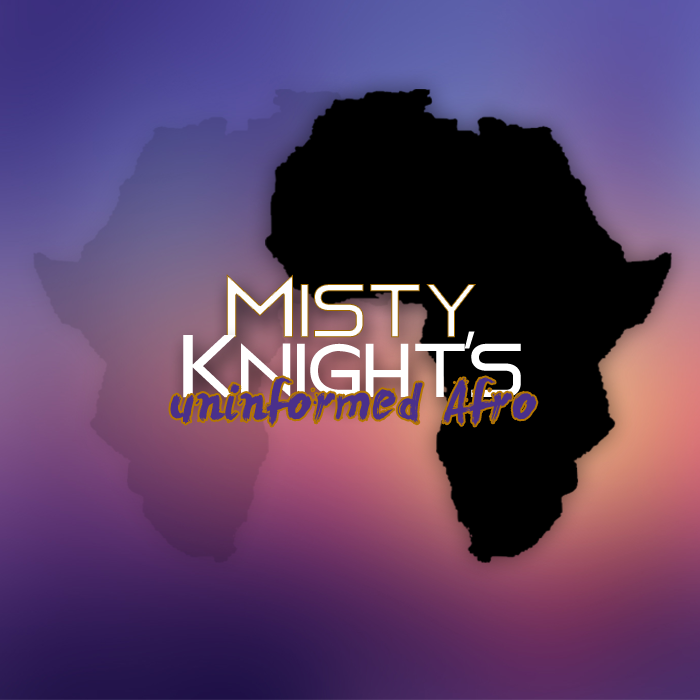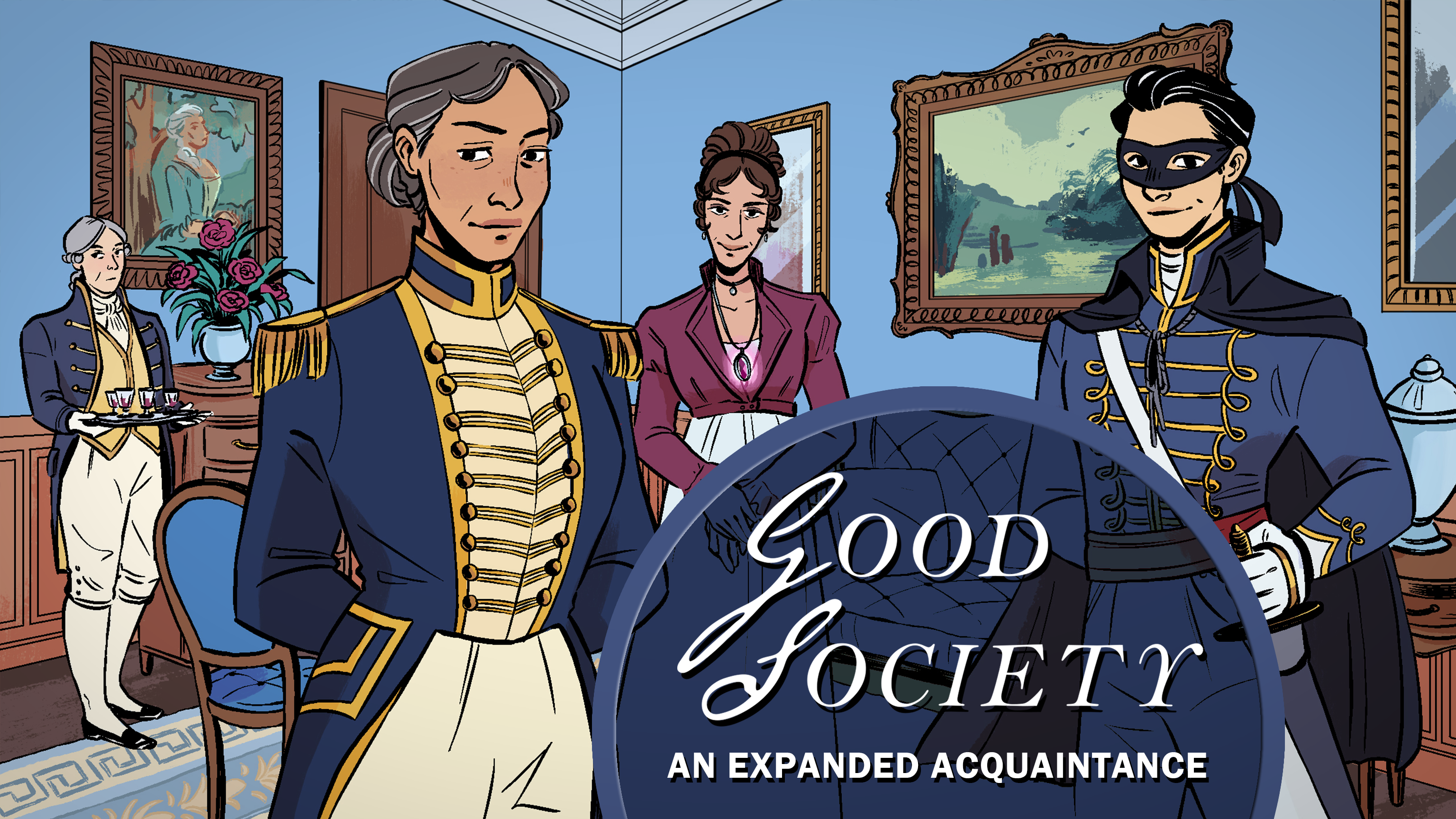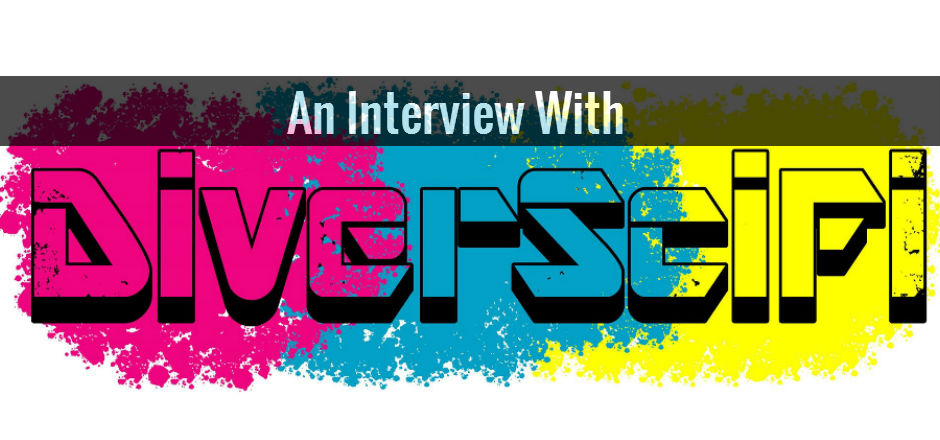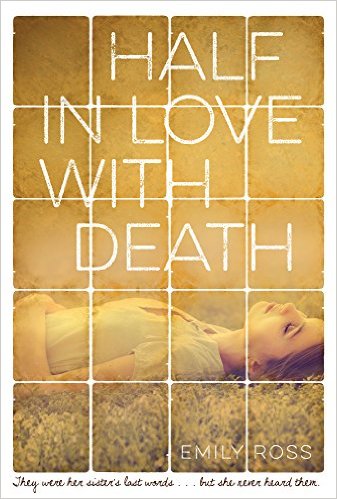Misty Knight’s Uninformed Afro (MKUA), a new podcast from Jamie Broadnax of Black Girl Nerds and Stephanie Williams of The Lemonade Show, begins on February 1.
In addition to having one of the coolest podcast logos in recent memory, the mission of MKUA is to bring Black superheroines into the spotlight while educating listeners on just how kickass they are, and that they deserve much more of our–and the media’s–attention. The limited series will focus on several different Black superheroines and include discussions on their histories, powers, and appearances in comics, as well as their personalities, costumes, and styles.
Girls in Capes had the chance to talk with Jamie and Stephanie to find out their hopes for the podcast, their favorite superheroines, and their opinions on Roxane Gay’s World of Wakanda.
—
Jamie, you mention that MKUA’s origin is in part due to the avalanche of responses—both positive and negative—received by Stephanie after a tweet of hers concerning the lack of Black superheroines in comics went viral. How long after Stephanie’s tweet did you come up with the idea for MKUA? Did a podcast immediately come to mind, or had you considered other mediums?
Jamie: It was awhile. A podcast didn’t come to mind until recently. I took on the role as podcast host for Rewire Radio’s Get It Right and really loved the idea of using podcasting as a form of activism. The show Get It Right fuses social justice issues with pop culture and I really loved the theme behind it.
After I wrapped our first season, I thought about doing another podcast within that same vein, but focused on fandom. In this case, it was comics. I knew I wanted to focus on Black women in comics and specifically speaking Black women superheroes and characters.
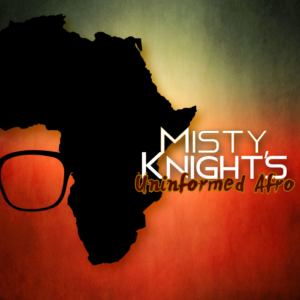 Stephanie, what’s been your favorite part of researching the histories of each superheroine for the show? Have there been any bits of trivia or parts of any character’s history that you were surprised to learn?
Stephanie, what’s been your favorite part of researching the histories of each superheroine for the show? Have there been any bits of trivia or parts of any character’s history that you were surprised to learn?
Stephanie: I’m a science nerd and I’ve done research for a living so to be able to marry my love for research with comics has been one of my favorite parts. There are moments while I’m looking up the background on the women we cover and since the info is so fresh I often have “aha” moments. Like look how these women are interconnected. Those are the times that really make my heart sing.
As far as surprises go, there have been a few, but the one that really stood out to me and I have no idea how I ever missed this, but Storm being born in Harlem threw me for a loop. I thought that was so dope for some reason.
What are you looking forward to most about hosting MKUA together? How do you think this podcast will be different from BGN and the Lemonade Show?
Stephanie: Unlike the Lemonade Show, where I am often the only person talking, it’s a great change of pace to have an open discussion with someone else on a fandom we love. While I do some research for the Lemonade Show, it’s light in comparison to the amount of research I do for MKUA. I’ve been a fan of Jamie’s for a while. I have a true admiration for what she has built with Black Girl Nerds, so to have her reach out me, a newcomer, is something that will stick with me for a long time. I hope I’m in the position to do the same for someone else in the future.
Jamie: This show differs from BGN because this is a conversational discussion done NPR-style between two fans. We also put a lot of research into each episode so that way new fans and old ones can appreciate various story arcs throughout history and go back and reference the comic as they see fit. BGN’s podcast format is mostly interviews and occasionally roundtable discussions.
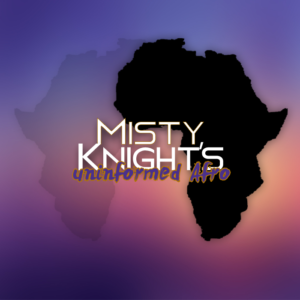 How did you choose which superheroines to profile?
How did you choose which superheroines to profile?
Jamie: I think Steph and I just threw out some names and we went from there. Do you recall, Steph?
Stephanie: Yeah, that was exactly it!
Who’s your favorite Black superheroine?
Jamie: Mine is definitely Storm. I grew up on Ororo Munroe. She’s also the reason I got into comics.
Stephanie: Misty Knight, but with all the research I’ve done and seeing some of these ladies differently, I think Monica Rambeau is right up there with her.
I love the idea of discussing the personal aspects of each character in addition to their histories; was that something you had planned on including from the beginning, or did it come later?
Jamie: That was included in the beginning. We definitely wanted to give a broader perspective and background on these women. You have to remember, many of us comic fans know these women by name, but do we really KNOW these women?
Stephanie: Right. It was pretty important to us to really get personal with these women. To show just how relatable they truly are.
What are your hopes for MKUA and the effect it’ll have on fandom?
Jamie: I hope it will educate listeners on how important Black superheroines are for Black women and women of color. I hope women who have been intimidated to explore this fandom feel more confident about picking up an X-Men or Justice League book. And I hope it opens up more opportunities for Black superheroines to have their stories told on the big screen.
Stephanie: I pretty much echo Jamie’s same sentiments. It wasn’t until my infamous viral tweet about Black women superheroines lacking in leading their own movies and shows that I realized how little a good amount of people were on Black superheroines. Which is a shame because as our listeners will learn, these women are amazing and there is so much that can be done with them in the years to come given the right voices. I truly hope listeners feel empowered by listening to us geek and feel compelled to get to know these women.
Since your website mentions you’ll be covering the Dora Milaje, are you enjoying Roxane Gay and Yona Harvey’s World of Wakanda?
Stephanie: I’ve enjoyed issues one and two! Ayo and Aneka were the parts of the new Black Panther that I loved the most. I’m so here for the representation of queer women of color in comics.
Jamie: I read the first issue when it dropped and I was in love. I find it amazing and profound that not only are we reading a book featuring Black women as the center of the story, but Black queer women! It’s important that everyone is represented in this space. The book also passes the Bechdel test, which is rare for any female character in comics. It’s an excellent book!
This isn’t a question, but thank you in advance for deciding to include lists of issues that’ll be referenced in each episode; I’m psyched to be able to have a little MKUA book club of sorts to go along with the podcast!
Jamie: Thank you! I love the idea of an MKUA book club! That’s awesome!
Stephanie: Thank you!
The first episode of Misty Knight’s Uninformed Afro is set to drop February 1, and you can subscribe to the series on iTunes or SoundCloud.
